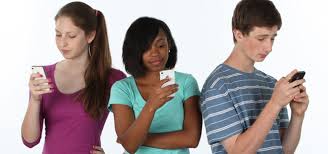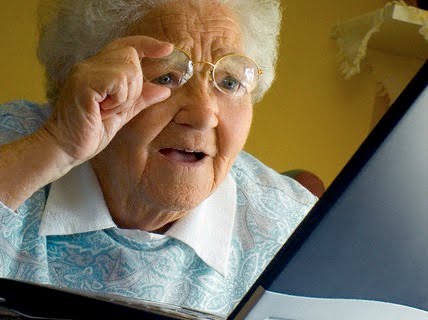
The End!
I cannot believe that the first semester of my sophomore year is already over. People really weren’t joking when they said that high school goes by fast, but college flies by. This semester I was really lucky to have such great teachers. It was my first semester that I took major courses, as I just declared English Education. I have learned a lot- specifically, from this class. Meeting Mondays, Wednesdays, and Fridays wasn’t always ideal, but turned out to be rewarding in the end. I got to fulfill my manifesto of learning something new every day when I went to this class.
I think that I was the most successful in getting the work for the class done. For most classes, I do assignments just to get the good grade. Rarely do I see their relevance to my life or future career. However, each assignment or blog that I did really taught me something. I loved writing the blogs in our class. I loved being able to write whatever came to my mind and be encouraged to voice my own opinion rather than conform to that of a textbook. The book clubs were great- I thoroughly enjoyed getting the opportunity to “relive” junior high by reading the book “Just Girls” with my book club. I pulled out new ideas from this book as well as from hearing other group’s findings. I am eager to apply them in the future when I am a teacher, or even use them as a student myself.
I learned so much in this class that I don’t know if I can fully debrief and unpack it in a simple blog. Going into this course I wasn’t too confident on what literacy really means. It is much more than the simple ability to read and write- it is the mechanics behind that, and how we communicate with one another. Reading novels and texts was once what was considered the practice of literacy and learning, but our generation has changed that definition drastically. I think as a future educator it is so important to acknowledge that literacy isn’t limited to the old fashion practices. We read and write so frequently, but it has just taken a different form. Although I don’t play video games, one take away from the gamer group that I got was the idea of failure not being shunned, rather being encouraged. This theory gives students the chance to learn from their mistakes and master a certain subject. We need to take into account that each student learns differently and no way is better than the other.
Before taking this course, I was on the train of being disgusted with where technology is taking us. I felt like essential parts of learning, playing, and growing up have been destroyed. The destruction was mainly attributed to things like social media, cell phones, or video games. I came out on the tail end of the generation that didn’t grow up with this, and so I saw a huge difference in myself versus those younger than me. This class taught me that just because the technological generation is different, it doesn’t necessarily mean that it is bad. It means that we need to find new ways to reach out to our students, to relate to them, and to encourage them to learn.
I think the biggest thing that we discussed that I will apply in my classroom is the idea of a repeat, like in a video game. One of my junior high teachers did this, and I remember having to relearn the material in order to retake a test. However, I think that this method is both effective as well as encouraging. It shows students that it is okay to fail and makes them more apt to learning and the process of it. Instead of getting frustrated when they don’t immediately comprehend a topic, they feel that a second chance is acceptable and deserved.
I am kind of bummed that this is my last blog. I have really enjoyed someone being forced to read my thoughts that made me feel valued as a student. I am certain that the things I learned will help me become a better teacher and contribute to the future of our society.



 Website:
Website: